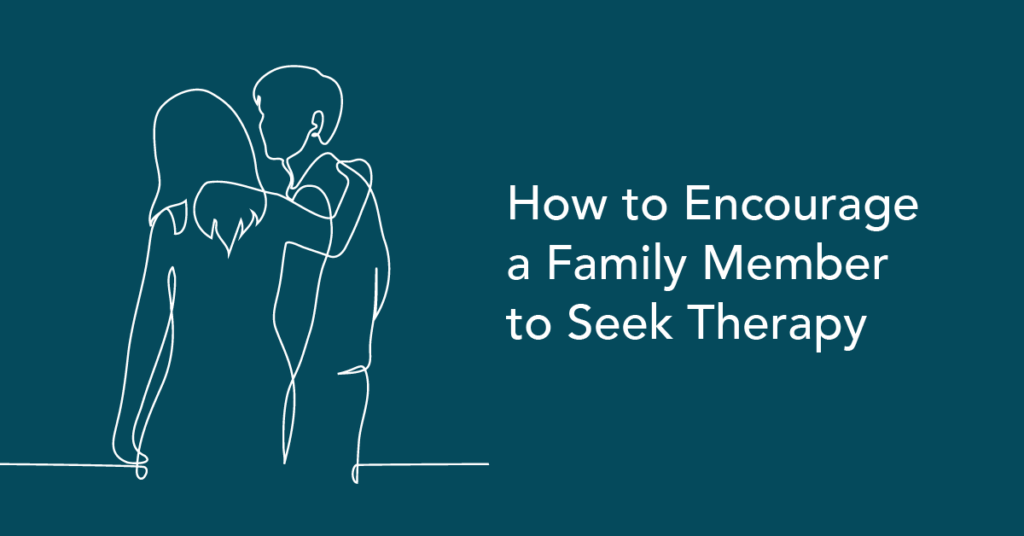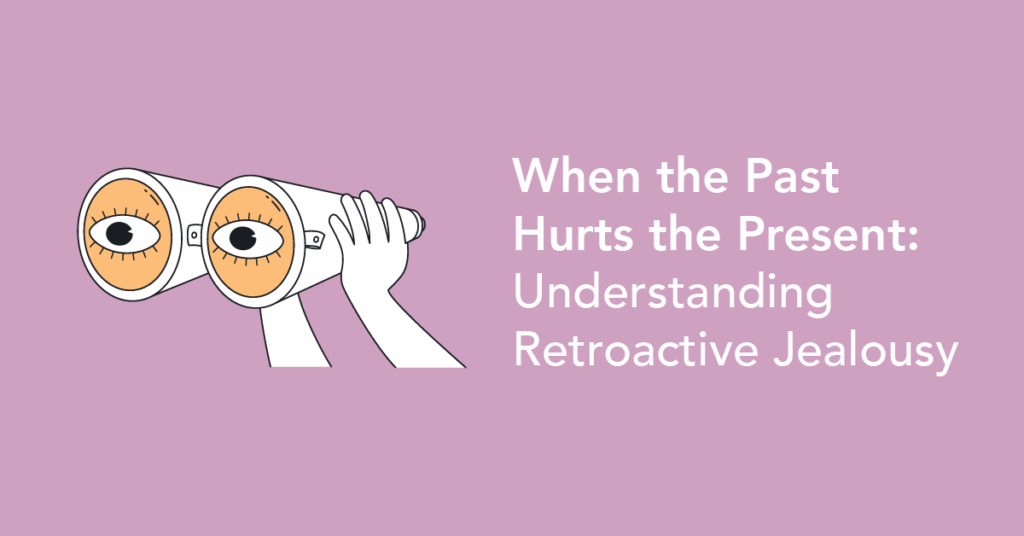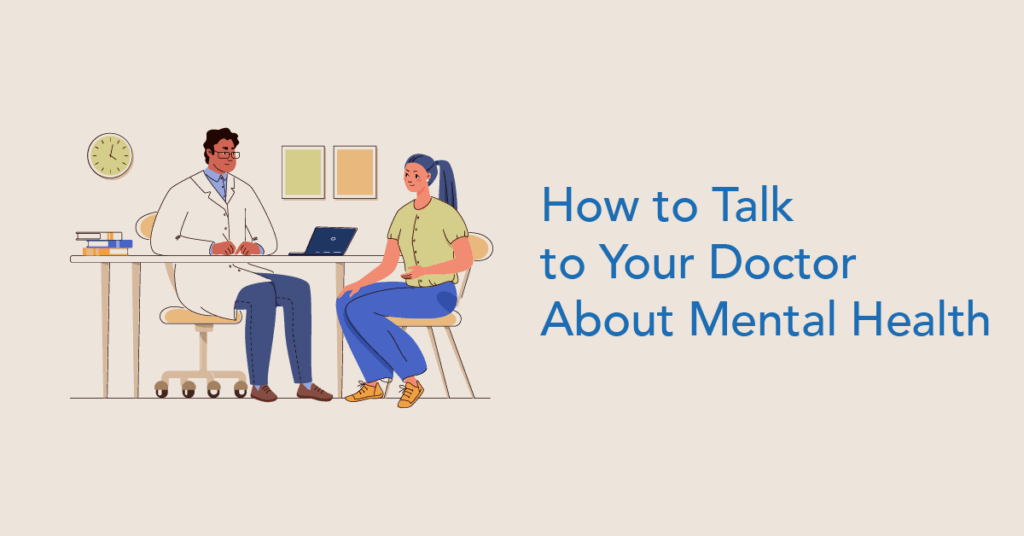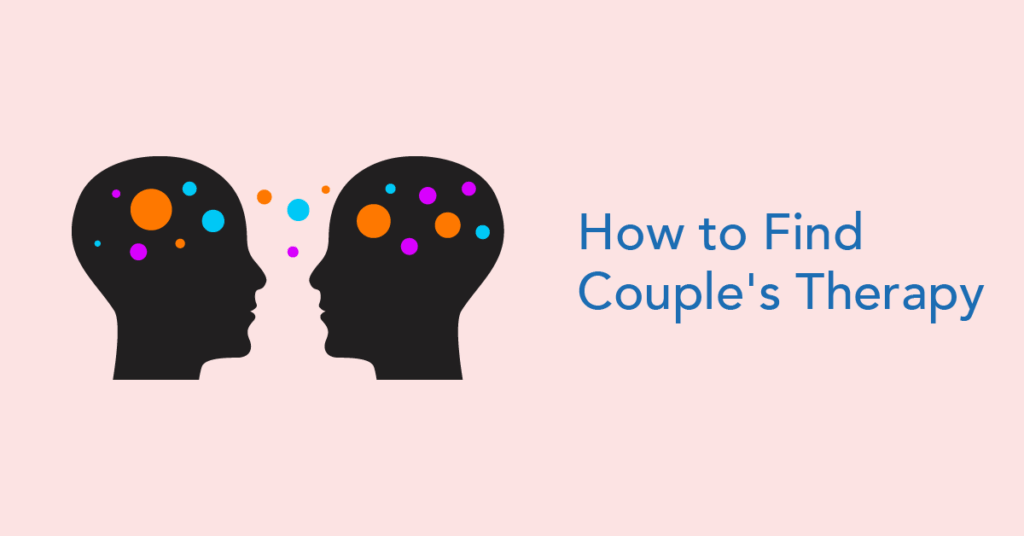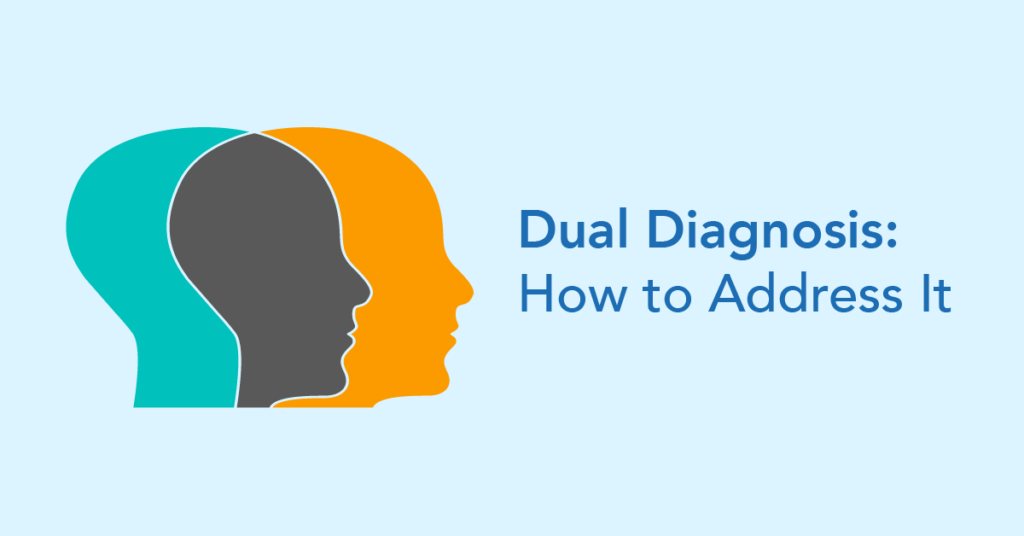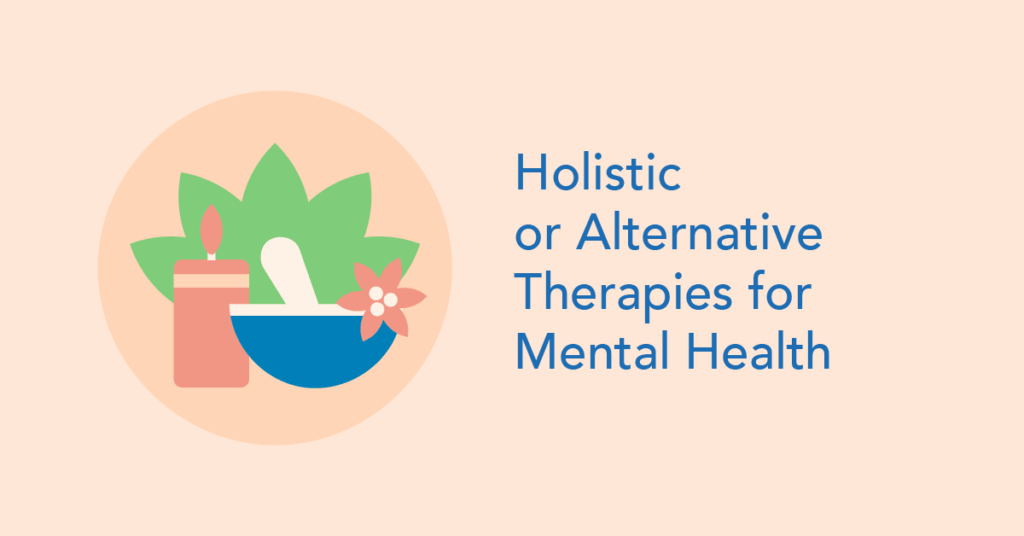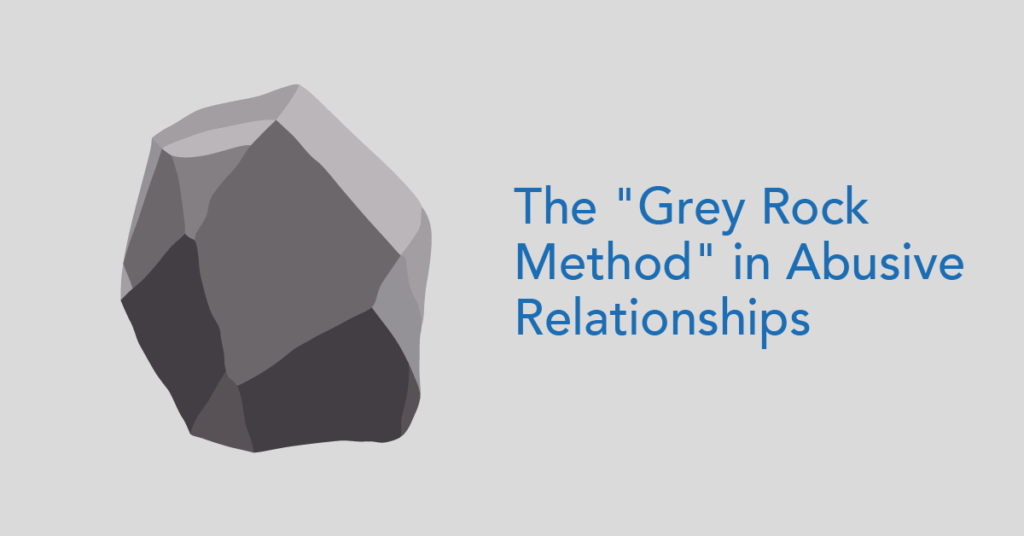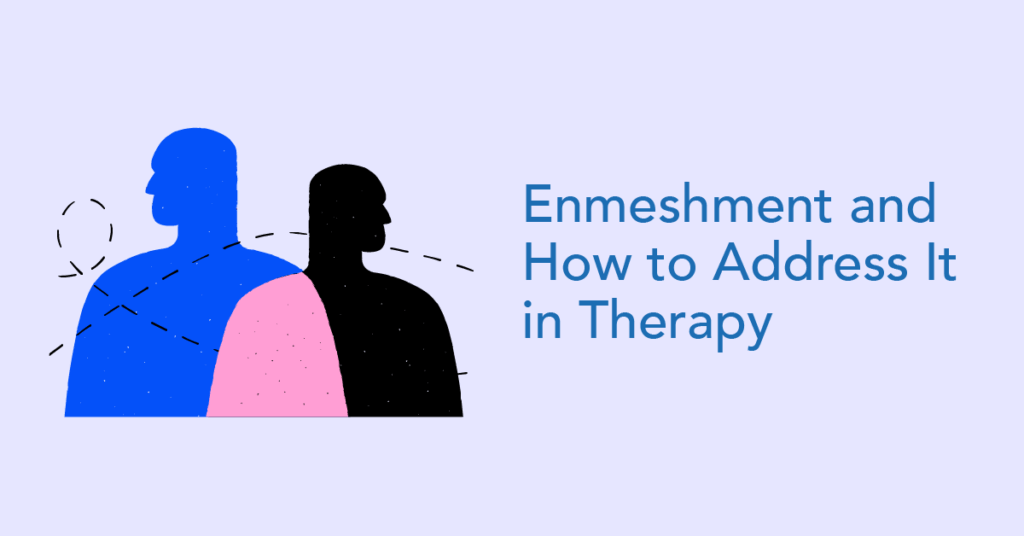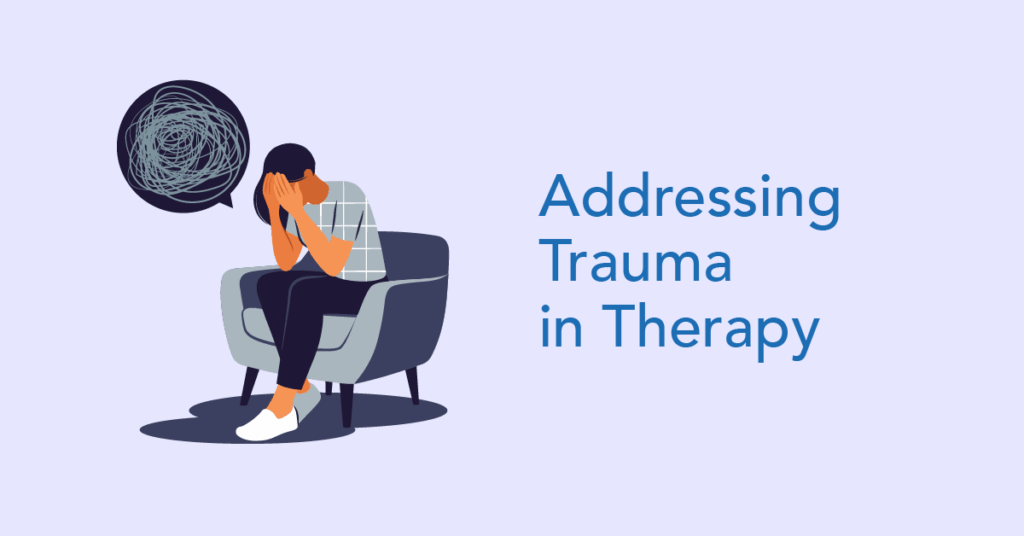How to Encourage a Family Member to Seek Therapy
Encouraging a family member to seek therapy can be an act of love, patience and deep concern. When someone we care about is struggling emotionally or mentally, it’s natural to want to help, but knowing how to do that in a supportive and respectful way isn’t always straightforward. This guide explores how to talk to […]
How to Encourage a Family Member to Seek Therapy Read More »
